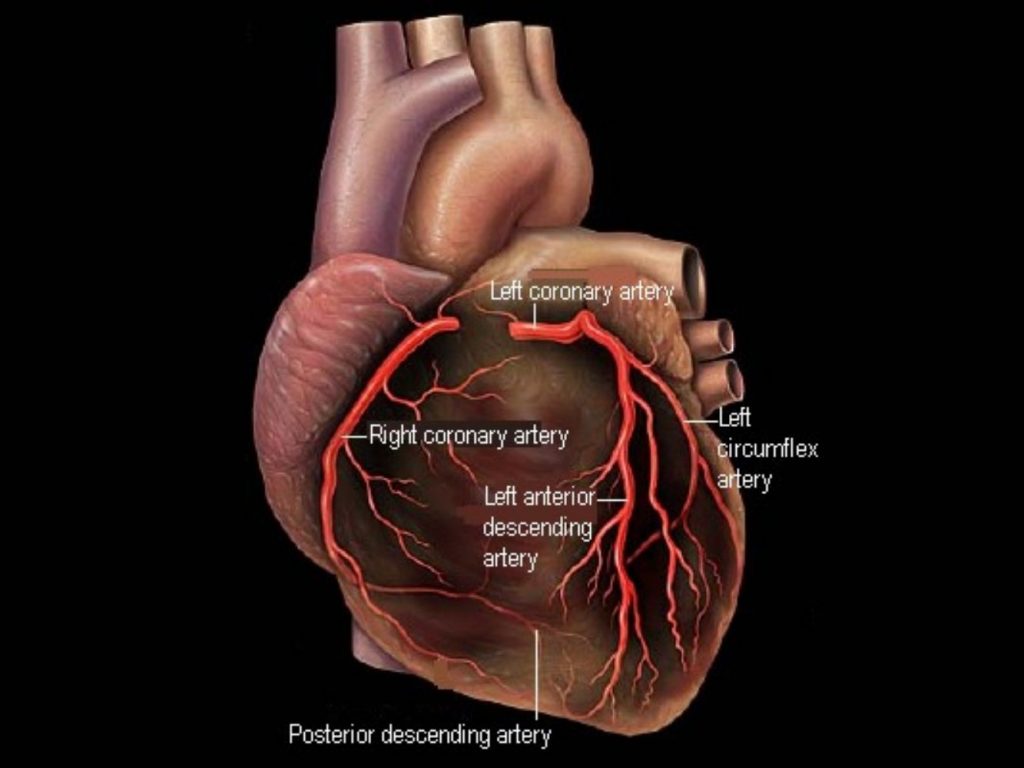Coronary Heart Disease: Treatment, Symptoms, Causes and Prevention

Coronary heart disease is a disease where the blood flow of the heart is blocked. Many medical professionals also know this disease as coronary artery disease since it describes the disease better. As time passes, a build-up of fats occurs, which may reduce the heart’s blood flow. It is finally blocked (this is a heart attack), and death usually occurs.
It is the top killer in both the USA and UK, affecting 15.6 million people in the USA and UK combined. The coronary arteries are arteries that supply the heart with oxygen and nutrients. This is important because the heart is a muscle and needs oxygen, just like skeleton muscles. If the oxygen and nutrients do not reach the heart, it fails, and death occurs.
Medical name: Coronary Artery Disease, Known as Coronary Heart Disease
Pathogen? Contagious? Lethal? Cure? There is no direct cure.
Symptoms
- Heart attack
- Discomfort
- Intense, sharp chest pain in left chest, abdomen, back or arm
- A severe, squeezing pain under the sternum (breast bone)
- Shortness of breath
- Nausea
- Sweating
- Dizziness
- Loss of consciousness
- Weakness
Treatment
There are medications which can help to control high blood pressure, high cholesterol or diabetes.
Medications such as nitroglycerin, aspirin, and beta-blockers are used to thin the blood and help with chest pain.
Other treatments include:
- Coronary artery bypass surgery
- Angioplasty and stent placement
- Minimally invasive heart surgery
Causes
It is usually caused by a build-up of fatty deposits on the walls of the arteries. Smoking, diabetes, high blood pressure, high cholesterol, menopause and obesity increase your chance of developing CHD.
Prevention
- Avoid smoking
- Avoid stress or at least reduce your stress level.
- Eat a low fat and cholesterol diet.
- Avoid obesity. Try to maintain a healthy weight.
- See your doctor about diabetes, high blood pressure and high cholesterol.
Seek Medical Attention
If you believe that you are having a heart attack, call your emergency service immediately. If you are at risk of getting CHD, then contact your doctor.
Trending Health Topics
- ADHD
- Allergies
- Arthritis
- Bipolar Disorder
- Bunions
- Car Accidents
- Chron's Disease
- Common Cold
- COPD
- Depression
- Dry Skin
- Dry throat
- Eczema
- Fungal Infection
- GERD
- HIV/AIDS
- Hypertension
- Irritable Bowel Syndrome (IBS)
- Multiple Sclerosis
- Osteoarthritis
- Psoriasis
- Rheumatoid Arthritis
- Skin Disorders
- strep throat
- Type 2 Diabetes
- Uncategorized